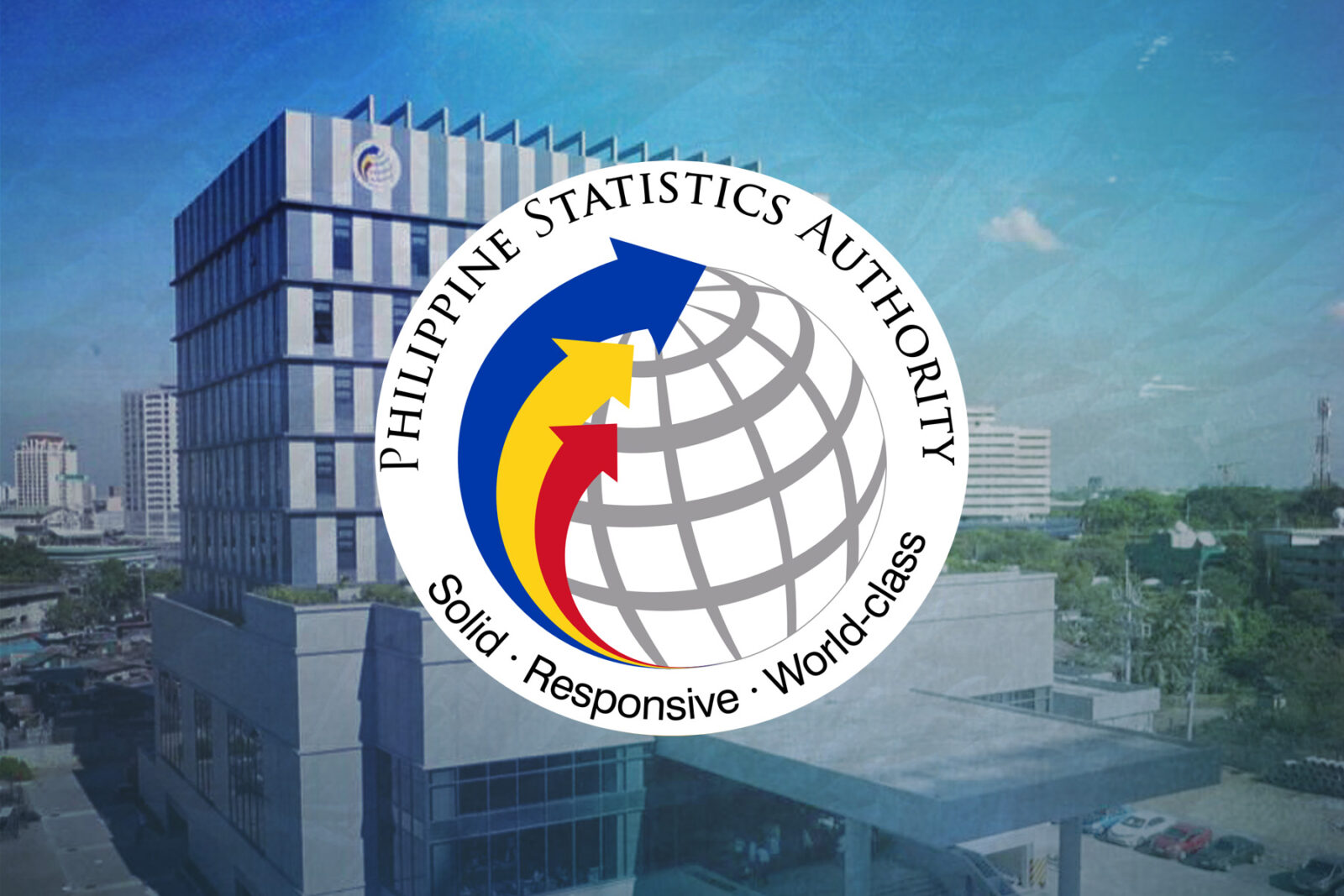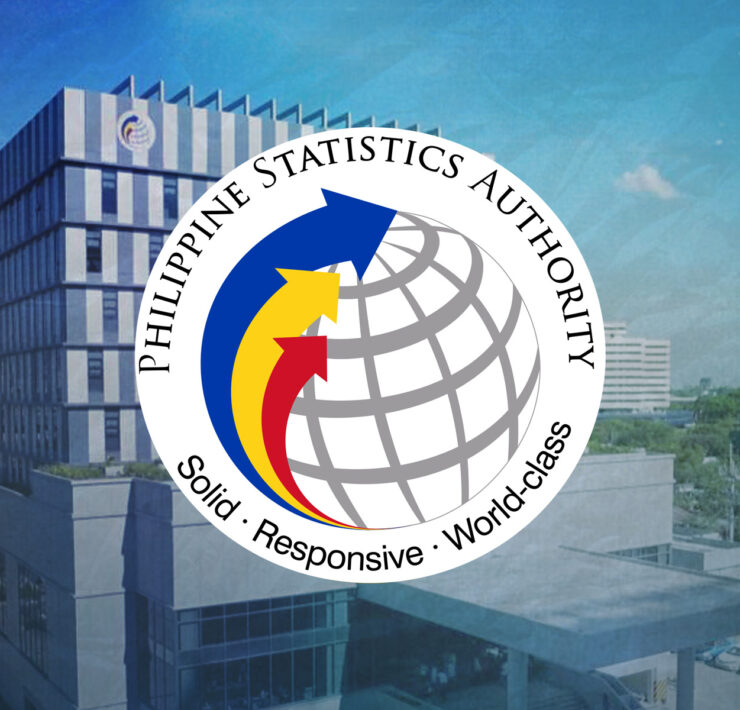December ’24 trade deficit smallest in 9 months

The Philippines posted December its narrowest deficit in merchandise trade in a nine-month period after both imports and exports continued to contract, although that was not enough to prevent the full-year trade gap from widening.
Latest data from the Philippine Statistics Authority (PSA) showed the country paid out $4.14 billion more than it earned in the final month of 2024, smaller by one percent compared with a year ago.
The December readout was the smallest trade deficit since March 2024, when it amounted to $3.35 billion.
Overall, the Philippines recorded a trade gap of $54.21 billion in 2024, widening by 3.08 percent from $52.29 billion in the previous year.
Dissecting the PSA’s report, imports contracted by 1.7 percent in December to $9.79 billion.
Falling global oil prices pulled down the country’s energy imports by 3.5 percent during the month, while inbound shipments of raw materials and intermediate goods fell by 3.3 percent.
Purchases of capital goods that businesses use to produce goods and services declined by 0.6 percent. Notably, consumer goods imports squeezed out a measly 0.4-percent increase despite the seasonal surge in demand during the holiday season.
For the whole of 2024, the country’s import bill amounted to $127.43 billion, marking a one-percent increase.
Earnings from exports, meanwhile, contracted by 2.2 percent in December to $5.66 billion.
Sales of electronic products, the country’s top export, retreated by 6.7 percent, with semiconductors posting a deeper decline of 13.5 percent.
That brought the full-year receipts to $73.21 billion, down by 0.5 percent.
Michael Ricafort, chief economist at Rizal Commercial Banking Corp., said that, moving forward, higher tariffs that US President Donald Trump had threatened to impose on all imported goods in the United States could weigh on global trade this year, which can affect the Philippines’ major trading partners.
“Possible protectionist policies by President Trump could lead to retaliatory trade wars that could slow down global trade and world economic growth,” Ricafort said.





















